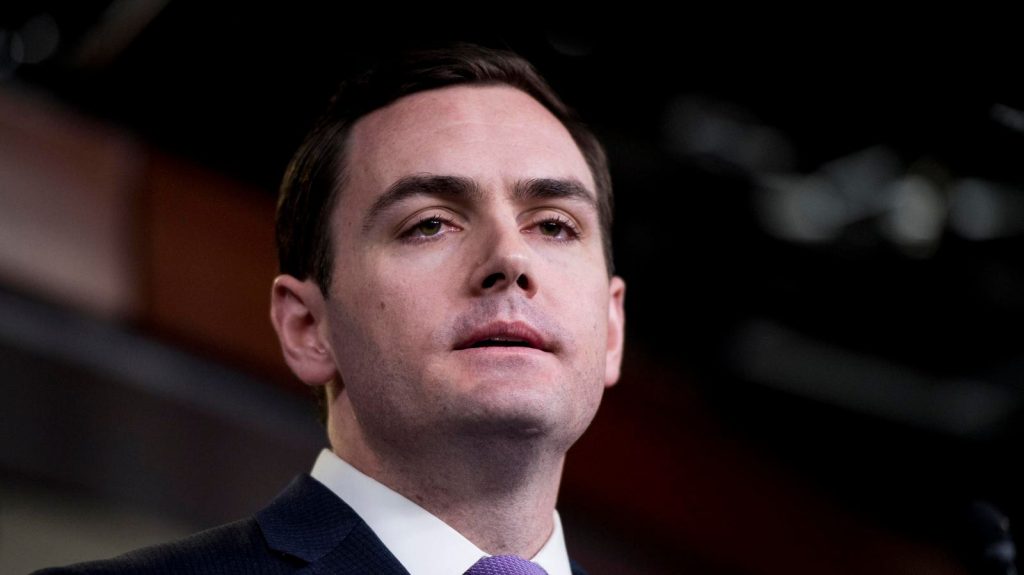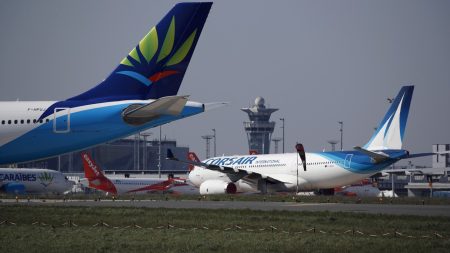The saying goes that “war is the health of the state,” indicating that crises are the oxygen that fuels the government’s power. This is evident in the constant state of crisis that Washington seems to be in, whether it be related to climate change, debt, economy, or other issues that politicians use to enhance their power. One recent crisis that has caught the attention of politicians is the existence of the popular social media app TikTok, which has become a target due to its Chinese ownership by ByteDance. Despite being a popular platform with 170 million users, conservatives and Republicans are pushing to ban TikTok based on unfounded concerns about the information it disseminates.
Critics of TikTok argue that it may be influencing political opinions among young people, leading to concerns about national security and the protection of children. However, it is important to recognize that individual responsibility plays a crucial role in monitoring and guiding young people’s exposure to various media platforms. Parents should be actively involved in setting limits and rules for their children’s use of technology, rather than relying on the government to restrict freedoms in the name of protection. It is ultimately up to individuals to make informed choices about their media consumption, rather than government intervention.
The debate over TikTok raises questions about free speech and the role of technology in shaping political discourse. While conservatives have historically valued free speech and expression, the push to ban TikTok signals a shift in priorities. Instead of embracing the diversity of opinions and ideas that platforms like TikTok offer, some politicians are seeking to control the narrative and restrict access to certain forms of information. This selective approach to free speech undermines the principles of individual liberty and choice.
Furthermore, the focus on TikTok as a political tool overlooks its primary function as a platform for entertainment and creativity. With millions of users engaging with TikTok content for various purposes unrelated to politics, it is unclear why politicians are fixated on its potential influence. Rather than viewing TikTok as a threat, it should be recognized as a reflection of the diverse and evolving nature of social media. By emphasizing individual responsibility and choice, society can better navigate the risks and benefits of technology without sacrificing essential freedoms.
In conclusion, the controversy surrounding TikTok highlights broader issues related to government intervention, individual responsibility, and the evolving landscape of social media. Rather than succumbing to fear-mongering and calls for censorship, it is essential to uphold the principles of free speech, personal choice, and parental guidance. By promoting a culture of informed decision-making and respect for diverse perspectives, society can better navigate the challenges posed by new technologies without compromising essential freedoms. The debate over TikTok serves as a reminder of the ongoing tension between state power and individual liberties, and the need for a balanced approach to addressing complex issues in the digital age.















